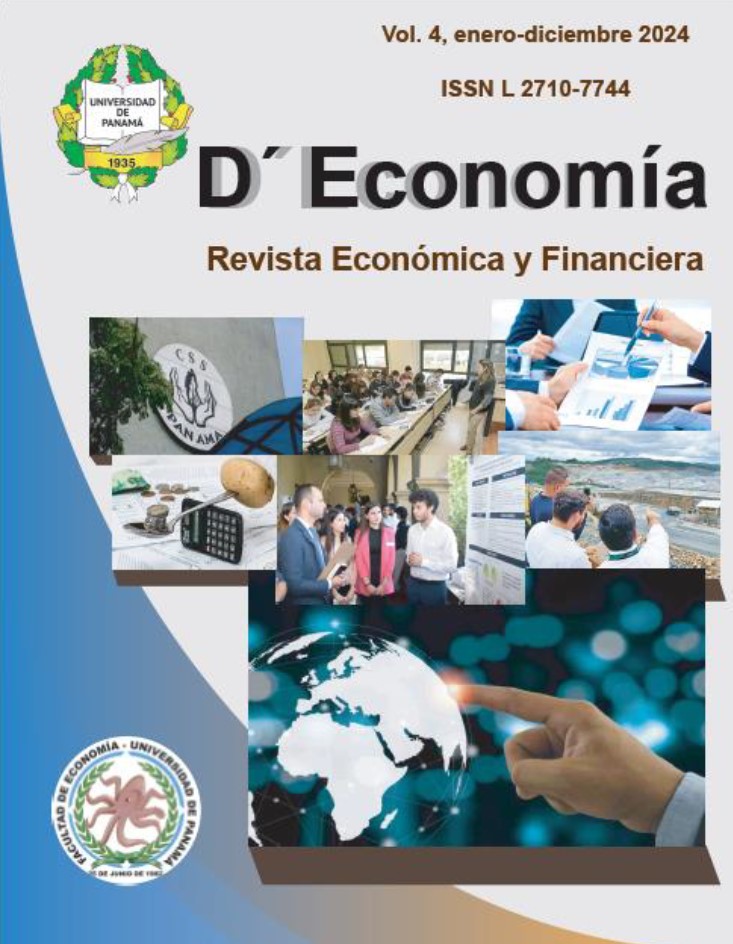

current world is facing dizzying changes in the economic, political, cultural, social, scientific and environmental spheres. These changes put into debate the globalization process, which seemed to have no end and with its advantages or disadvantages, we were moving steadily towards an increasingly integrated world society where, despite the global imbalances that have been generated, in the end this integration, called by some the global village, would generate well-being for all its participants.
It is important to highlight that the accelerator of this process has been the dizzying development of productive forces by the capitalist system from the industrial revolution to the current revolution of knowledge and communication technologies. In the same way that the global economy develops, global problems such as poverty, health, education, unemployment are also enthroned, combined with the risks posed by climate change as a consequence of unsustainable human action, examples of which are deforestation and forest fires, floods, landslides, earthquakes, volcanic eruptions, among others. Due to what was mentioned in previous lines, globalization is the subject of debate and between defenders of globalization and anti-globalization.
Starting from the globalization vs. anti-globalization dichotomy, this work proceeds, primarily addressing the concept of globalization and its characteristics, a second part of the work develops the main theses of anti-globalization and its consequences, and a conclusive third part that expresses the advantages and disadvantages of the anti-globalization based on current events, such as the covid-19 pandemic and the Russian-Ukrainian war.